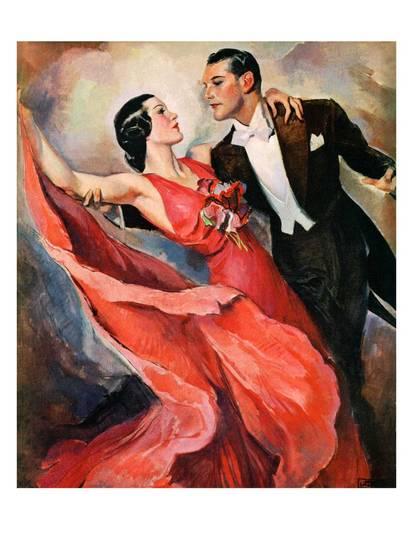
You know you have to do it. It’s just not working anymore, and you’re in need of a clean break. Maybe it’s that novel you’ve toiled over for the past seven(teen) years, or that short story no one but you understands, or that poem an English professor once told you had promise. You’ve held onto it and lingered over it and made excuses for it, but you just can’t bring yourself to walk away.
I know. I’ve been there. You’re afraid this is a diamond in the rough that will certainly fall between the cracks without your devotion. Or you fear that you only have one decent novel/short story/poem in you, and you need to figure out a way to be happy with what you’ve got. Or you’ve just spent so much of your creative time on it, it’s hard to walk away now.
Recently, I gently set aside a novel I’ve been working on for the better part of three years. I’m not sure I could have done that earlier in my career, but now that I’ve trained myself to know the difference between a project that will respond to all my efforts and one that will bleed me dry, it’s getting easier to know when to walk away – and to appreciate the importance of doing just that. When I was still getting my creative sea legs under me, I might have just walked away in frustration, or stayed too long out of desperation. But now that I have a few solid failures under my belt, I understand that the art of the break up has so much more to do with what’s right for me as an artist than the relative merits of the piece I’m leaving behind.
In other words, instead of walking away from a project simply because it’s driving me crazy or I’m getting nowhere with it or it’s stubbornly refusing to evolve at the pace I prefer, I know to walk away only if the challenges it presents me with deplete me more than they help me to grow. Similarly, I won’t stay with a project that moves merrily along with no blips in sight because I know it’s not offering me the opportunity to make the most of my talents. The relationship you have to your work, in other words, should set you up to step into your best possible artistic self – not your most comfortable self, or your most tortured self – but the self that allows for all your complexity, that both celebrates and challenges everything odd and wonderful about you.
The value of this goes far beyond the obvious reasons. Because whenever you can remember to make a judgment call that prioritizes your growth as a writer over the growth of any particular piece – as opposed to the judgment calls we might be sorely tempted to make in the opposite direction – it helps you to bring the full bore of your talents into the next project and the wisdom to know how they are best engaged. Over the years, this behavior has a cumulative effect, so that you find yourself better able to zero in on those projects and ideas that will be the most fruitful.
Does that mean breakups ever get any easier? Well, yes and no. The months leading up to the breakup will always be filled with a certain amount of anguish and angst, but knowing you can ultimately trust yourself to make the best decisions on your own behalf does soften the blow — and infuses even the most difficult of separations with a steady, indefatigable hope.
Art: John LeGatta, Ballroom Dancing
Leave a Reply